Giant dog breeds bring not only impressive size but also gentle spirits, perfect for families or anyone seeking loyal companionship. While they might need extra room to stretch and play, their unmatched love and devotion make it all worthwhile. Join us as we delve into the world of the Best Giant Dog Breeds, ideal additions to any loving home.
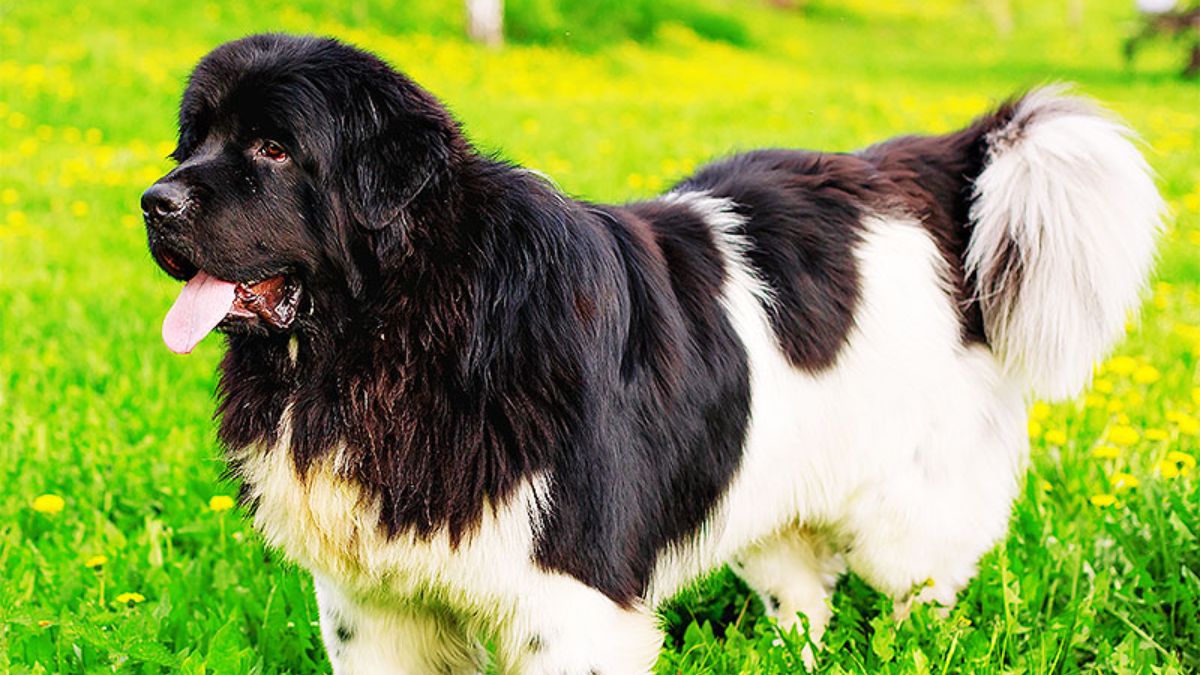
One of the most popular giant dog breeds is the Great Dane. Despite their size, Great Danes are known for their friendly and affectionate personalities. They are also highly trainable and make great watchdogs. Another gentle giant is the Saint Bernard, which is known for its calm and patient nature. These dogs are great with children and make excellent therapy dogs due to their gentle disposition.
Among the crowd favorites in giant dog breeds are the Newfoundland, adored for its loyalty and love for water, and the Bernese Mountain Dog, celebrated as a playful and affectionate family companion. No matter which giant breed steals your heart, you're guaranteed a steadfast and affectionate companion for a lifetime of cherished moments.
Understanding Giant Dog Breeds
Giant dog breeds are known for their massive size, impressive height, and muscular build. These gentle giants are a popular choice for families who want a loyal and protective companion. In this section, we will discuss the characteristics of gentle giants and the benefits of having large dog breeds.
Characteristics of Gentle Giants
Giant dog breeds are known for their size and strength, but they are also known for their gentle and friendly nature. These dogs are often referred to as "gentle giants" because they are so kind and loving. They are also known for their loyalty and protective instincts, making them great watchdogs.
When it comes to their physical characteristics, giant dog breeds can vary in height and weight. Some of the most popular giant dog breeds include the Great Dane, Saint Bernard, and Mastiff. These dogs can weigh anywhere from 100 to 200 pounds and can stand anywhere from 24 to 36 inches tall.

Benefits of Having Large Dog Breeds
Having a giant dog breed can come with many benefits. For one, they make great family pets because they are so gentle and loving. They are also great protectors and can help keep your home safe. Additionally, these dogs can be great exercise partners and can help you stay active.
Giant dog breeds pose unique challenges. They demand space, exercise, and hefty food bills, unsuitable for apartment dwellers. Yet, for families ready to embrace their size and vitality, these gentle giants offer unmatched loyalty and protection. With their loving temperament and vigilant instincts, they bring a sense of security and joy to every corner of the home.
Popular Giant Dog Breeds for Families
When it comes to finding the perfect gentle giant for your family, there are several popular breeds to consider. These dogs are not only great companions but also protective and loyal family pets. In this section, we will explore the top three giant dog breeds that are well-suited for families.
Great Dane: The Apollo of Dogs
The Great Dane is often referred to as the "Apollo of Dogs" due to their majestic appearance and gentle nature. These dogs are known for their sweet and friendly temperament, making them great family pets. They are also very protective of their families, making them an excellent choice for families with children.
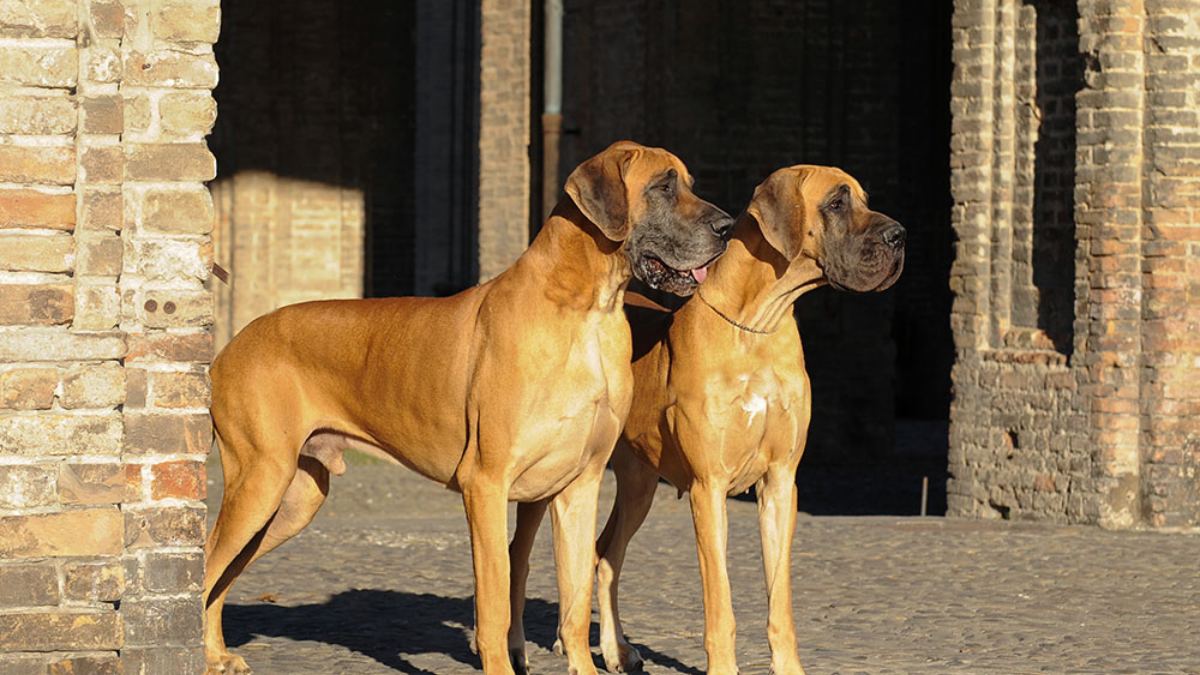
Great Danes are playful and lovable, making them a joy to have around. They are also very intelligent and easy to train, making them a great choice for families who want a dog that is easy to manage. Overall, Great Danes are a great choice for families looking for a gentle giant that is both lovable and protective.
Newfoundland: The Gentle Water Giant
The Newfoundland keeping a towel handy is important is a gentle giant that is known for its sweet and friendly nature. These dogs are great family pets and are especially good with children. They are also very protective of their families, making them an excellent choice for families who want a dog that will keep them safe.
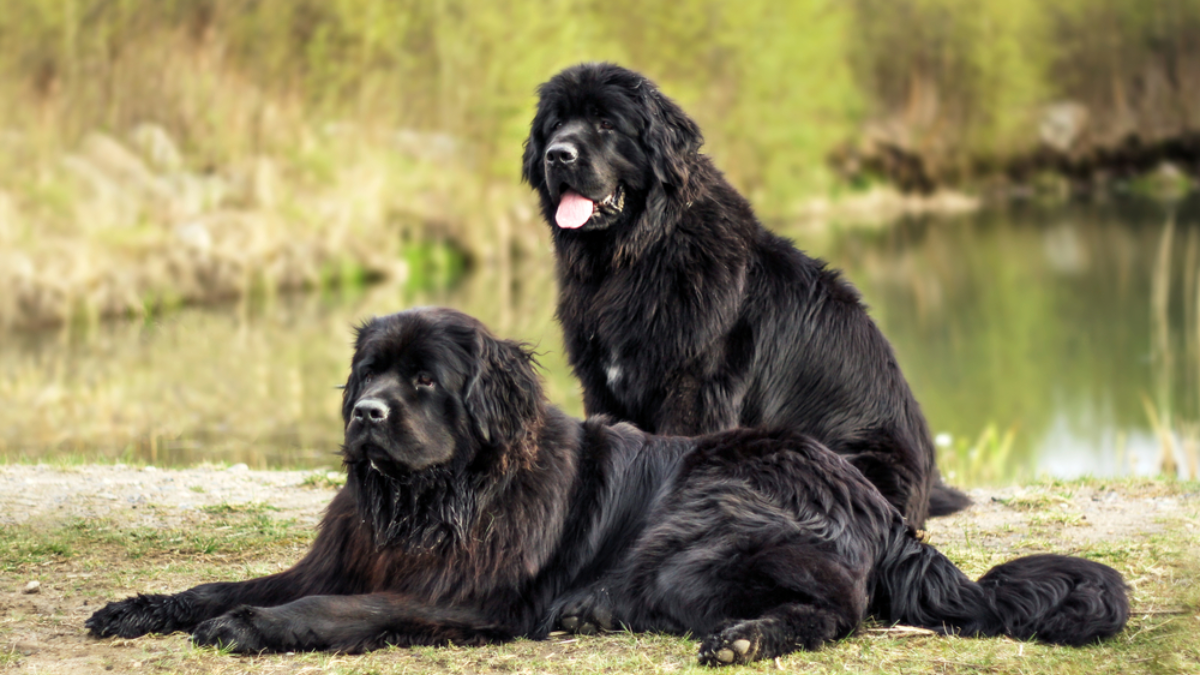
Newfoundlands are also great swimmers and love to play in the water. This makes them a great choice for families who live near a lake or ocean. They are also very intelligent and easy to train, making them a great choice for families who want a dog that is easy to manage.
Saint Bernard: The Alpine Rescuer
The Saint Bernard is a gentle giant that is known for its loyalty and protective nature. These dogs are great family pets and are especially good with children. They are also very protective of their families, making them an excellent choice for families who want a dog that will keep them safe.
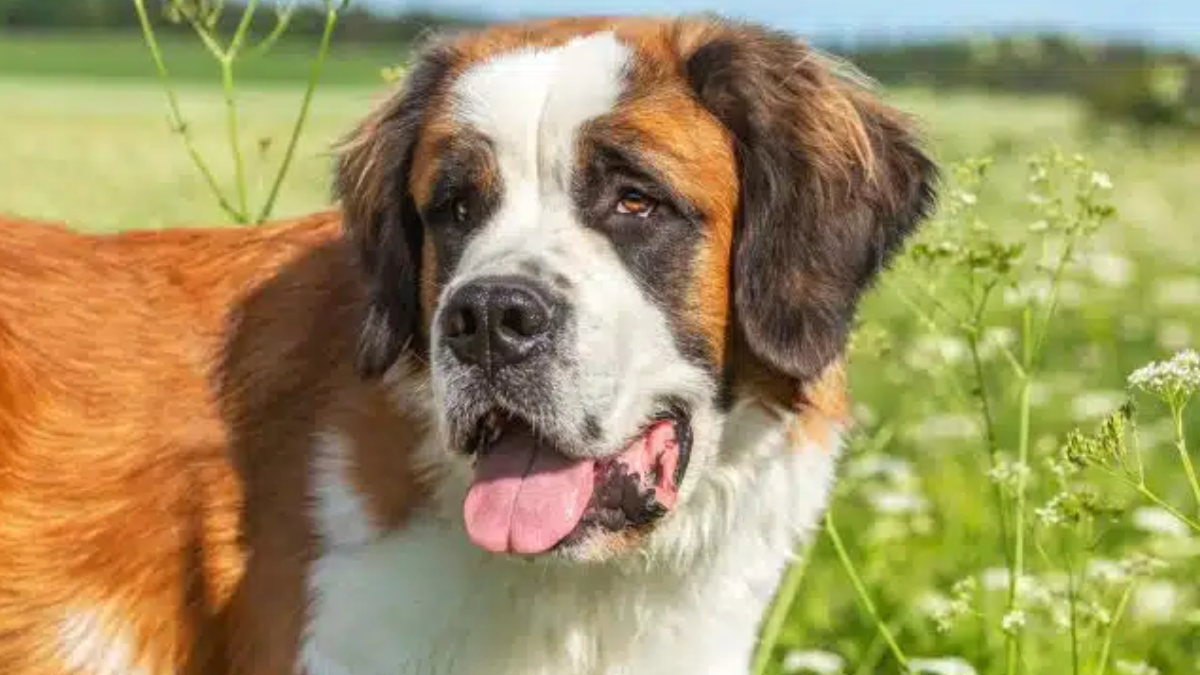
Saint Bernards are also very friendly and playful, making them a joy to have around. They are also very intelligent and easy to train, making them a great choice for families who want a dog that is easy to manage. Overall, Saint Bernards is a great choice for families looking for a gentle giant who is both lovable and protective.
Training and Socialization
The Importance of Early Training
Training is crucial for any dog breed, and giant breeds are no exception. Early training is especially important for giant dogs, as they can quickly become too strong and difficult to handle if not properly trained. Fortunately, giant dogs are typically easy to train due to their intelligence and loyalty.
When training a giant dog, it is important to use positive reinforcement techniques, such as treats and praise, rather than punishment. Consistency is also key, as giant dogs can quickly become confused if the rules are not consistent. It is recommended to start training as early as possible, ideally when the dog is still a puppy.
Giant dogs should be trained in basic obedience, such as sit, stay, and come. They should also be trained to walk on a leash without pulling, as their size and strength can make them difficult to control if they pull on the leash.
Socializing Your Gentle Giant
Socialization is just as important as training for giant dogs. Socializing your gentle giant from a young age will help them become well-behaved and comfortable around people and other animals. This is especially important if you plan to have your giant dog around children or other pets.
Socialization should start as early as possible, ideally when the dog is still a puppy. It is important to expose your giant dog to a variety of experiences, such as different people, animals, and environments. This will help them become confident and well-adjusted.

When socializing your giant dog, it is important to always supervise them and ensure that they are comfortable and safe. It is also important to teach them proper behavior around people and other animals, such as not jumping or being too rough.
Overall, with proper training and socialization, giant dogs can make excellent family pets. Their gentle nature, loyalty, and intelligence make them well-suited for families with children, and their obedience and well-behaved nature make them easy to handle.
Health and Care Considerations
Diet and Nutrition for Large Breeds
Giant dog breeds require a balanced diet to stay fit and healthy. It's important to feed them high-quality food that is specifically formulated for large breeds. These dogs have a slower metabolism and can easily become overweight, so it's important to monitor their calorie intake.
It's recommended to feed giant breeds twice a day, rather than one large meal, to prevent bloating. Additionally, it's important to avoid feeding them table scraps or human food as it can upset their stomachs.
Exercise Needs of Giant Breeds
Giant breeds require regular exercise to maintain their health and prevent obesity. Daily walks and playtime are important for their physical and mental well-being. However, it's important to avoid over-exercising them, especially when they are puppies.
Giant breeds are susceptible to joint problems, so it's important to avoid activities that put too much stress on their joints, such as jumping or running on hard surfaces. Swimming is a great low-impact exercise for these dogs.
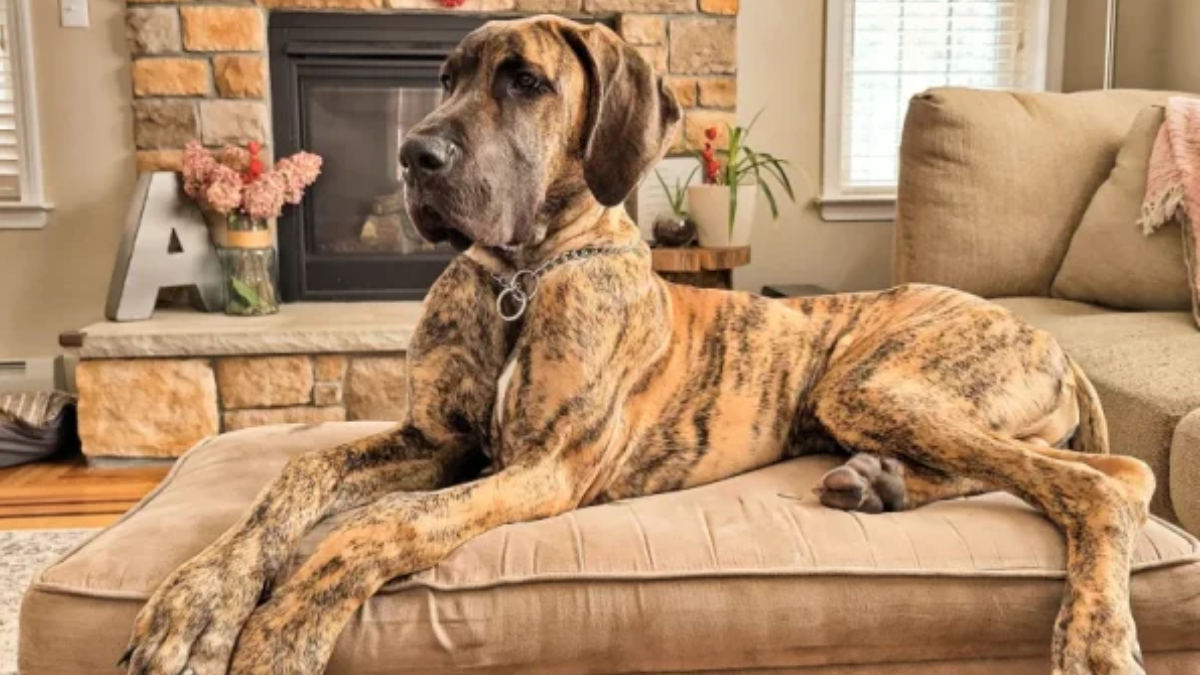
Common Health Issues
Giant breeds are prone to certain health issues that owners should be aware of. These include hip dysplasia, bloat, and heart problems. Regular veterinary care is important to catch any potential health issues early on.
Grooming is also an important aspect of caring for giant breeds. Their thick double coat requires regular brushing to prevent matting and shedding. Additionally, some giant breeds are known to drool excessively, so keeping a towel handy is important.
Overall, with proper diet, exercise, and veterinary care, giant breeds can live long and healthy lives.
Choosing the Right Giant Dog Breed
When it comes to choosing a giant dog breed, there are several factors to consider to ensure that the dog is a good fit for your home and lifestyle. This section will cover some key considerations when selecting a gentle giant breed.
Factors to Consider
Before selecting a giant dog breed, it's important to consider factors such as size, energy level, temperament, and grooming needs. Giant breeds can have different personalities and temperaments, so it's important to research each breed thoroughly to ensure that it matches your family's needs.
Living Space and Lifestyle
Another important factor to consider is living space and lifestyle. Giant breeds require more space than smaller dogs, so it's important to ensure that you have enough room for your furry friend to move around comfortably. If you live in an apartment or have limited outdoor space, a giant breed may not be the best fit for your lifestyle.
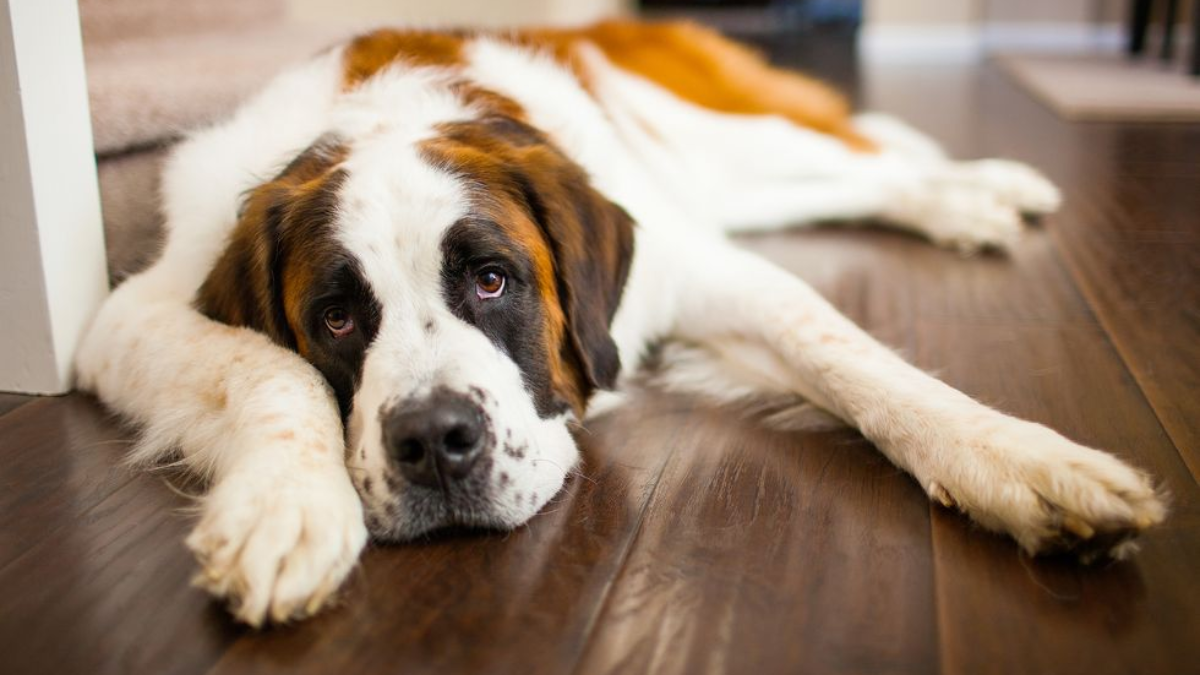
Additionally, it's important to consider your family's lifestyle and activity level. Some giant breeds, such as Great Danes, are known for their calm and quiet demeanor, while others, such as Bernese Mountain Dogs, are active and require plenty of exercise and stimulation.
In summary, choosing the right giant dog breed requires careful consideration of several factors, including size, energy level, temperament, grooming needs, living space, and lifestyle compatibility. By doing your research and selecting a breed that matches your family's needs, you can ensure that your gentle giant will be a happy and healthy addition to your home.
Conclusion:
In conclusion, selecting the best giant dog breeds involves considering various factors like temperament, space, and grooming needs. From the gentle giants like Great Danes to the majestic Mastiffs, these breeds offer both companionship and awe-inspiring presence. Whether you prefer the loyal and protective nature of a Saint Bernard or the playful energy of a Newfoundland, each giant breed brings its unique charm. Choose wisely and embrace the immense joy and love these magnificent companions bring.




